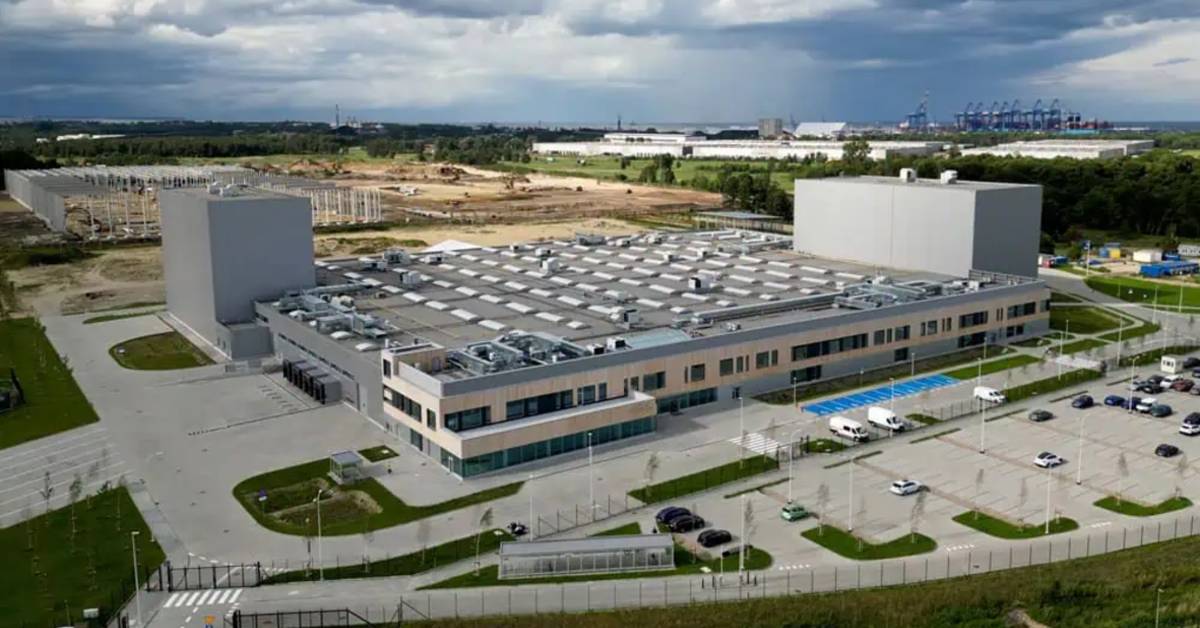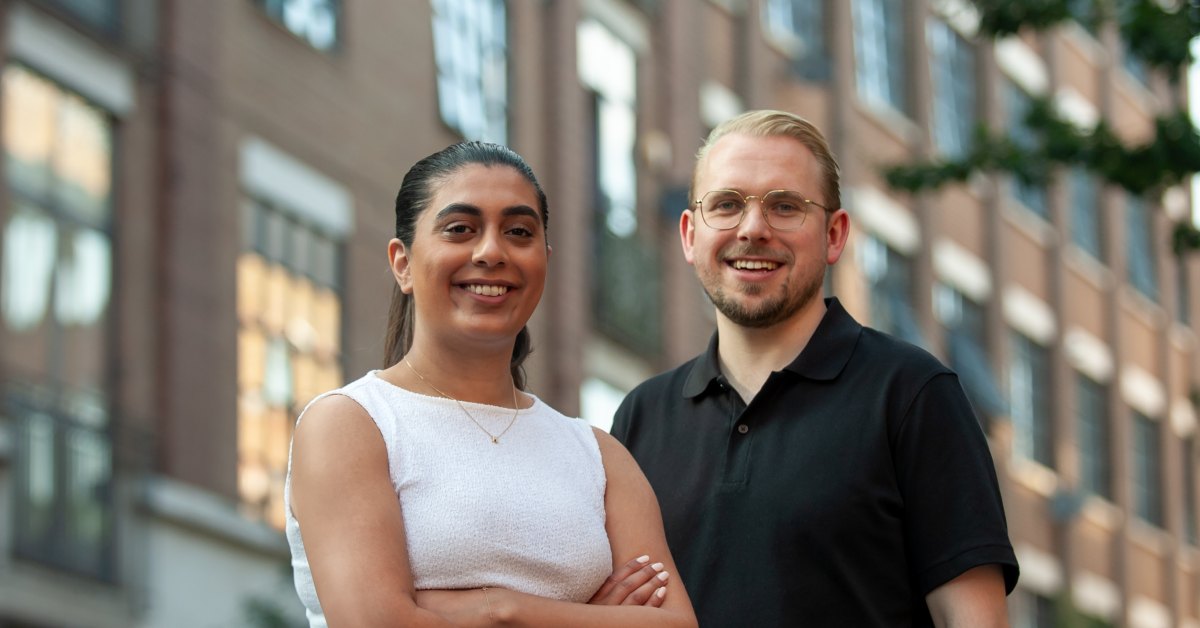In an attempt to accelerate the Dutch quantum ecosystem, the Kansen voor West (KvW) program, has funded a unique quantum project: code-name HAVIK.
Kansen voor West is a regional investment program dedicated to promoting innovation, entrepreneurship, and economic development in the western Netherlands. Its funding decisions support projects that drive technological progress and strengthen the region’s competitive edge.
Bringing Delft’s quantum ecosystem together
This initiative brings together three market leaders from Delft’s quantum ecosystem: QuantWare, Qblox, and Delft Circuits.
This collaborative project, led by QuantWare, aims to achieve state-of-the-art two-qubit gate fidelity, a key step in enhancing the overall performance of superconducting qubits.
To achieve top performance in quantum computing, it’s essential for different advanced components to work well together.
The HAVIK project looks at the entire quantum computing system, with each company improving its specific area to boost overall performance:
- QuantWare, a provider of scalable quantum processors and creator of the VIO Quantum Processing Unit (QPU) scaling technology, will focus on refining its qubit architecture to optimise control over qubit-qubit interactions.
- Qblox, a provider of scalable and modular quantum control stacks, will tackle the challenge of noise reduction within their control pulses for more accurate operations.
- Delft Circuits, a specialist in designing and developing I/O cabling solutions for the quantum industry, will work on improving cable thermalisation and minimising crosstalk between lines to ensure signal transmission without interference and distortion.
Solving two-qubit gate fidelity
Two-qubit gate fidelity is a critical metric that measures the quality and accuracy of operations performed on pairs of qubits.
High fidelity means that these operations have few errors, which is crucial for running complex quantum algorithms and for error correction.
Achieving high fidelity is not easy since it depends on all parts of a quantum computing system.
This makes it tough for individual component providers to show their true performance when tested alone.
Project HAVIK will measure two-qubit gate fidelity and demonstrate the benefits of quantum open architecture (QOA), highlighting how well components from QuantWare, Qblox, and Delft Circuits work together.
The HAVIK team has already begun work on this collaboration, with the first significant milestones expected in 2026.
The project is scheduled to conclude in early 2027.










01
From telecom veteran to Dutch Startup Visa success: The Jignesh Dave story